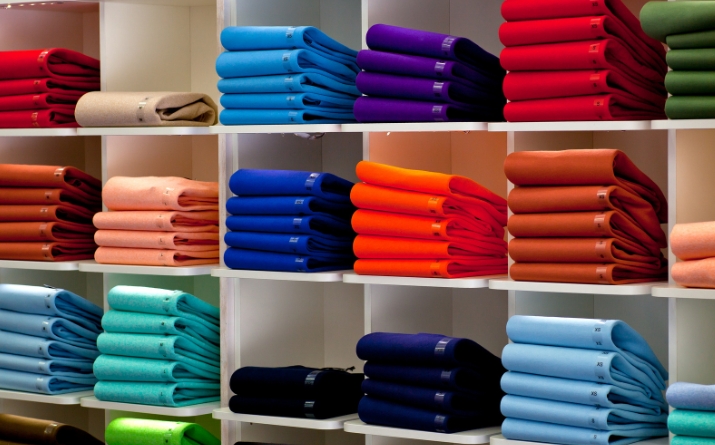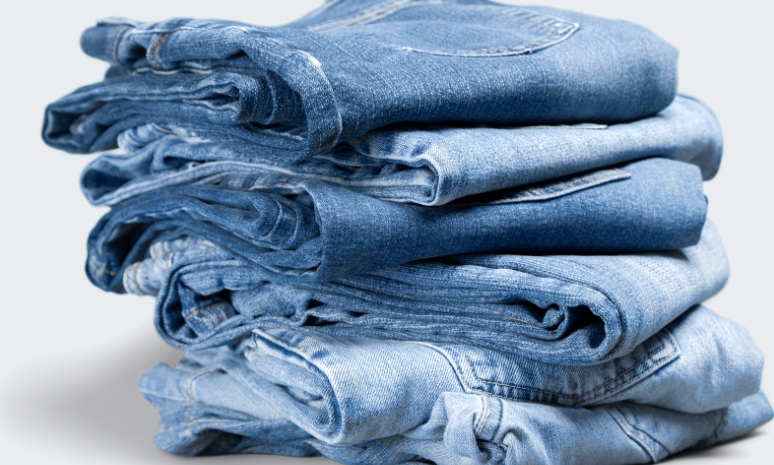Introduction:
In an era dominated by fast fashion and its environmental repercussions, the need for sustainable fashion has become more pressing than ever. As we witness the ecological toll of the fashion industry, it is imperative to explore eco-friendly choices that not only align with our values but also contribute to a healthier planet. Sustainable fashion is more than a trend; it is a conscious choice to embrace style while minimizing the environmental impact. This essay delves into the realm of sustainable fashion, shedding light on the importance of eco-friendly choices for a stylish and environmentally conscious lifestyle.

The Environmental Impact of Fast Fashion:
The fast fashion industry, characterized by rapid production cycles and disposable trends, has brought about significant environmental challenges. From excessive water consumption to the generation of textile waste, the environmental toll of fast fashion is alarming. The overexploitation of natural resources, pollution, and unethical labor practices associated with this industry demand a reevaluation of our approach to fashion. Sustainable fashion emerges as a viable solution, offering a way to enjoy style without compromising the health of the planet.

Key Principles of Sustainable Fashion:
- Ethical Sourcing and Production: Sustainable fashion prioritizes ethical sourcing of materials and fair labor practices. This involves using eco-friendly fabrics such as organic cotton, hemp, and recycled materials. Additionally, adopting transparent supply chains ensures that workers are treated fairly and work in safe conditions.
- Circular Economy: Embracing a circular economy is a fundamental aspect of sustainable fashion. This involves designing products with durability and recyclability in mind. By extending the lifespan of garments and encouraging recycling, the fashion industry can minimize the impact of textile waste on the environment.
- Minimalism and Slow Fashion: Sustainable fashion promotes a shift from fast fashion to slow fashion, encouraging consumers to buy less and choose timeless pieces. Embracing a minimalist approach not only reduces the demand for constant production but also promotes a more conscious and deliberate consumption pattern.

Eco-Friendly Fashion Choices:
- Organic Fabrics: Opting for clothing made from organic fabrics is a simple yet impactful choice. Organic cotton, for example, is grown without the use of synthetic pesticides and fertilizers, promoting soil health and reducing the environmental impact associated with conventional cotton farming.
- Recycled Materials: Choosing garments made from recycled materials, such as recycled polyester or upcycled fabrics, contributes to the reduction of waste. This not only minimizes the demand for new raw materials but also diverts discarded textiles from landfills.
- Vintage and Second-Hand Shopping: Vintage and second-hand shopping are excellent ways to embrace sustainable fashion. By giving pre-loved clothing a second life, consumers can significantly reduce the demand for new production and contribute to a more circular fashion economy.
- Local and Independent Brands: Supporting local and independent fashion brands often translates to a smaller carbon footprint. These businesses typically produce on a smaller scale, reducing transportation-related emissions and promoting a more sustainable and community-oriented approach to fashion.

Benefits of Sustainable Fashion:
- Environmental Conservation: Embracing sustainable fashion choices helps in preserving natural resources, reducing pollution, and minimizing the carbon footprint associated with the fashion industry. By opting for eco-friendly materials and production methods, consumers contribute to the conservation of the environment.
- Ethical Considerations: Sustainable fashion goes hand in hand with ethical considerations. Choosing brands that prioritize fair labor practices ensures that workers are treated justly, promoting social responsibility within the industry.
- Long-Term Cost Savings: While sustainable fashion choices may initially seem more expensive, investing in high-quality, durable pieces pays off in the long run. By reducing the frequency of purchases and focusing on timeless designs, consumers can save money over time.

Conclusion:
In conclusion, exploring sustainable fashion is not just a trend; it is a crucial step towards a more responsible and conscientious approach to personal style. By understanding the environmental impact of fast fashion and adopting eco-friendly choices, individuals can contribute to a more sustainable and ethical fashion industry. From embracing organic and recycled materials to supporting local and independent brands, the possibilities for stylish and environmentally conscious living are vast. Sustainable fashion is not just about what we wear; it is a statement about the values we uphold and the kind of world we want to create for future generations. It’s time to make conscious choices that reflect our commitment to both style and the planet.